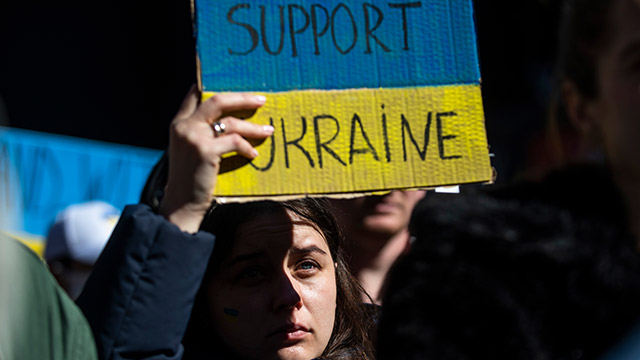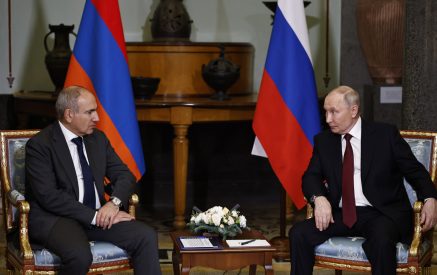On 23 June, EU leaders meeting in the European Council condemned Vladimir Putin’s war against Ukraine, Russia’s indiscriminate attacks against civilians and civilian infrastructure, and reiterated that the EU would continue to provide strong support for Ukraine’s overall economic, military, social and financial resilience, including humanitarian aid.
The European Council also agreed that work on sanctions will continue, “including to strengthen implementation and prevent circumvention”. The European Council called on all countries to align with EU sanctions, in particular candidate countries.
“Work should swiftly be finalised on the Council decision adding the violation of Union restrictive measures to the list of EU crimes,” suggested the Council.
At the same time, the European Council underlined that EU sanctions against Russia allow the free flow of agricultural and food products and the delivery of humanitarian assistance. “Russia, by weaponising food in its war against Ukraine, is solely responsible for the global food security crisis it has provoked. The European Council urges Russia to immediately stop targeting agricultural facilities and removing cereals, and to unblock the Black Sea, in particular the port of Odesa, so as to allow the export of grain and commercial shipping operations.”
Read also
The European Council added that the EU remains strongly committed to providing further military support to help Ukraine defend its territorial integrity and sovereignty. To this end, the European Council called on the Council of the European Union to swiftly work on a further increase of military support.
The Council also noted that the Commission would soon present a proposal to grant Ukraine new exceptional macro-financial assistance of up to €9 billion in 2022.


























































